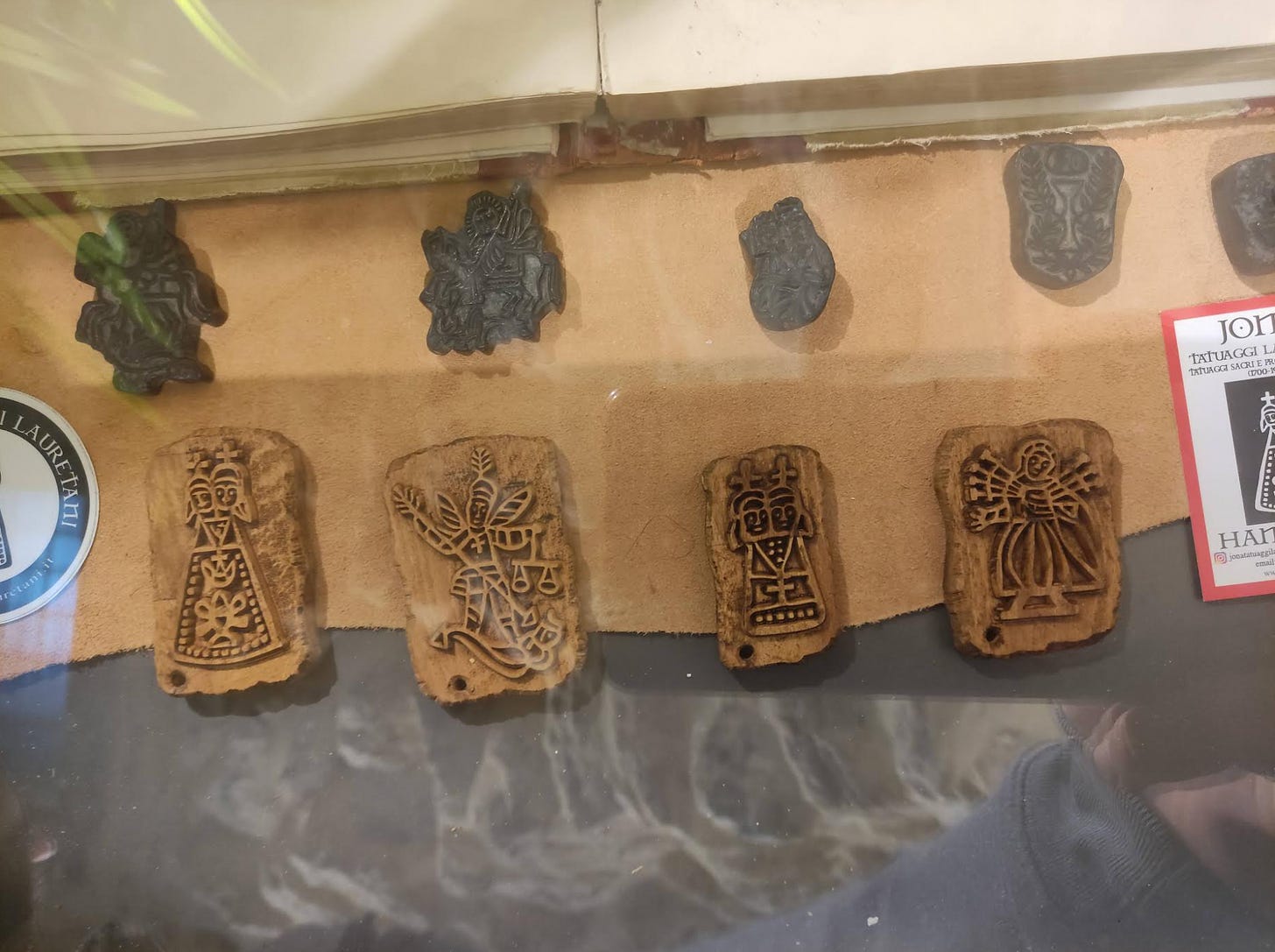In Jerusalem: ‘Our tattoos are keys to heaven’
At Razzouk, the tattoos are ancient, and the memory is very long
Near the Jaffa gate, in Jerusalem, where the Christian quarter begins, you can find the oldest tattoo business in the world.
Razzouk’s roots date back to 1300, in Egypt, and is still in the hands of the same Coptic Orthodox family whose ancestors came on pilgrimage to the Holy Ci…

